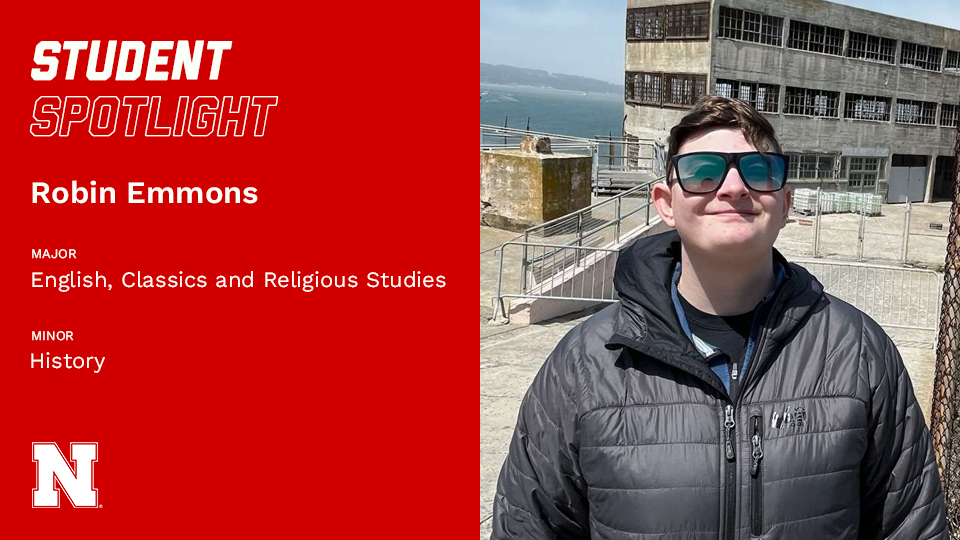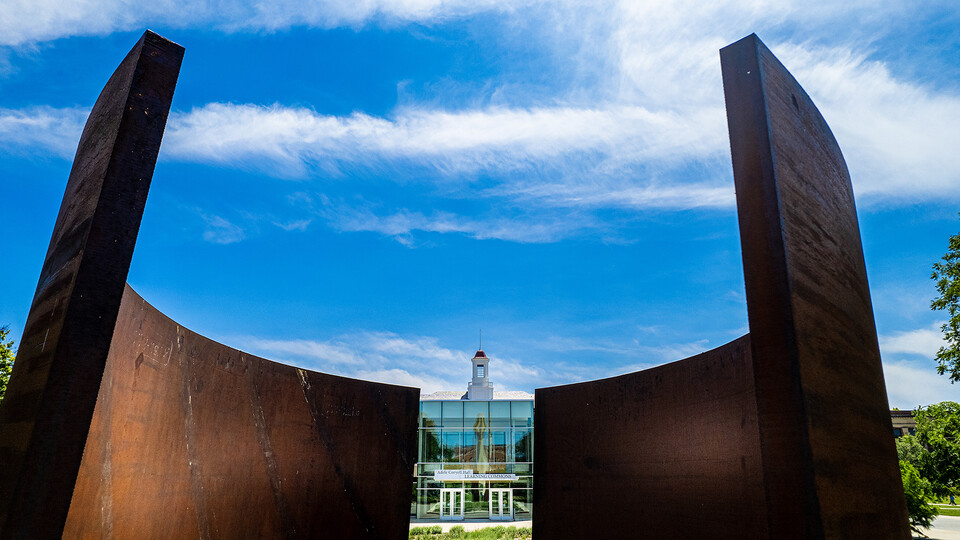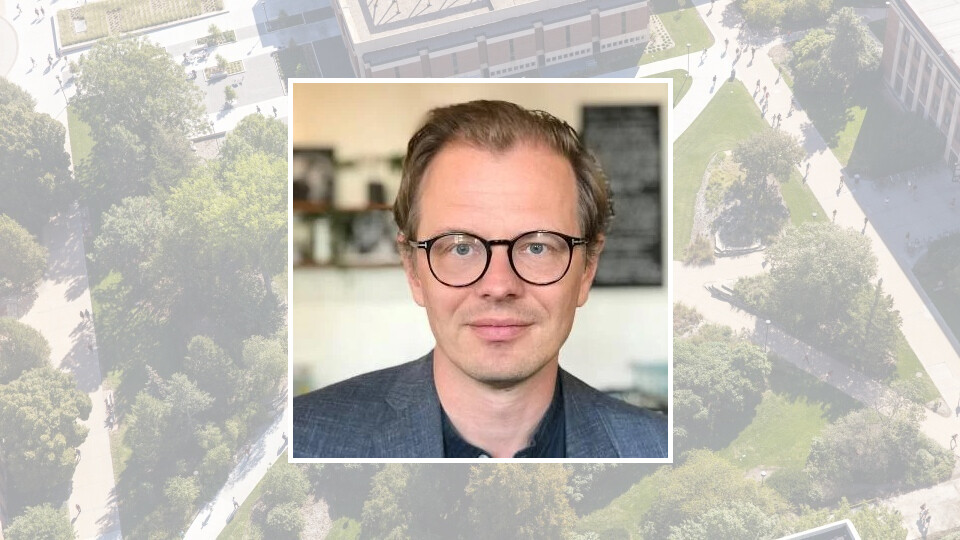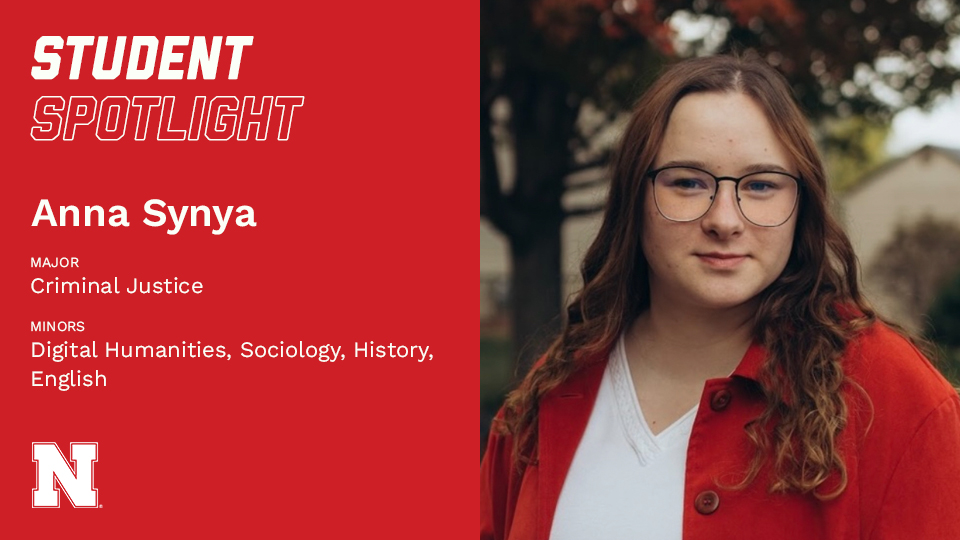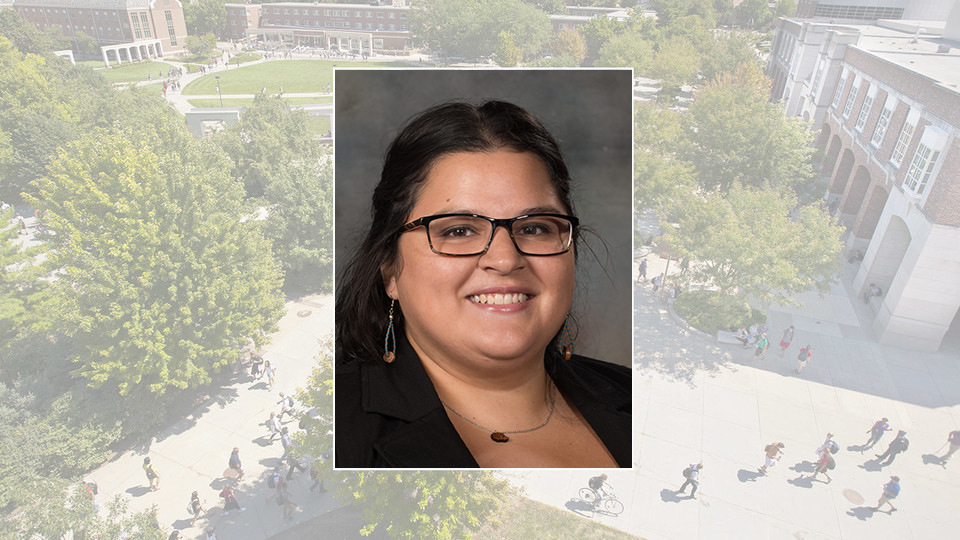
Assistant Professor of History and Ethnic Studies (Native American Studies)
What is your area of specialization?
Native American History, Native American Studies, North American West, Colonialism and Decolonization
Why did you choose this field?
I’ve always been a historian. I was the kid asking my grandparents questions about their lives (and taking notes), looking through old photo albums, and just generally gathering stories. I became a professional historian because I spent 13 years of my public education frustrated that what I learned in school didn’t match what I had learned from my family. When I was in 4th grade—Wisconsin history year—we were supposed to make log cabins like the “pioneers.” I convinced my grandpa to help me build a little birchbark wigwam. The same erasure persisted through 4 years of undergrad. One well-meaning professor discouraged me from pursing a Native history research project in an Early America class because “there just aren’t Native sources out there.” During summers, I worked as a costumed interpreter at a living history museum in Wisconsin that supposedly told the state’s history—without a single mention of Native people like my Ojibwe ancestors. And then one of my English professors suggested I read N. Scott Momaday’s autobiography, which led me to Dennis Banks, which led me to Vine Deloria, Jr., Sarah Winnemucca, and Jane Johnston Schoolcraft, and it also led me back to my grandparents’ table. It turned out there were plenty Native sources, if you knew how to look and how to listen. And now I'm writing a book that brings family and archival sources together to tell the story of Anishinaabe sovereignty and survival.
What is your favorite course to teach and why?
One of my favorite classes to teach is Intro to Native American Studies (ETHN 201). I get to spend 15 weeks sharing with students all of the things that I love: oral traditions, Indigenous science, novels and poetry by my favorite authors such as Louise Erdrich, and movies and music and art. We also ask about the political and legal histories that shaped Native American experiences throughout the past 500 years--including right here in Lincoln--and we connect history to contemporary themes like environmental rights, public memory, and violence against Native women. Almost everything we read in class is by Native writers and scholars, which gives students the opportunity to learn about Native issues from a variety of Native perspectives.
What are you currently researching?
My research focuses on telling Anishinaabe history from Anishinaabe perspectives. My current project looks at how, between the 1850s and 1950s, Anishinaabe Peoples in the U.S. and Canada maintained their sovereignty both through legal strategies and by putting their bodies on the land as they harvested wild rice and maple syrup, hunted, fished, and farmed across colonial borders. It's a story of persistence, adaptation, and continuity amid colonial destruction, and I hope that it challenges the way people usually think of Native American history.
What professional organizations are you affiliated with?
Native American and Indigenous Studies Association, Ethnohistory, Western History Association, Organization of American Historians
What do you enjoy doing outside of work?
I have a couple of hobbies that help me reconnect/destress outside of work: playing the piano, hiking with my dog (or just enjoying Lincoln's many parks and trails), and beading.
